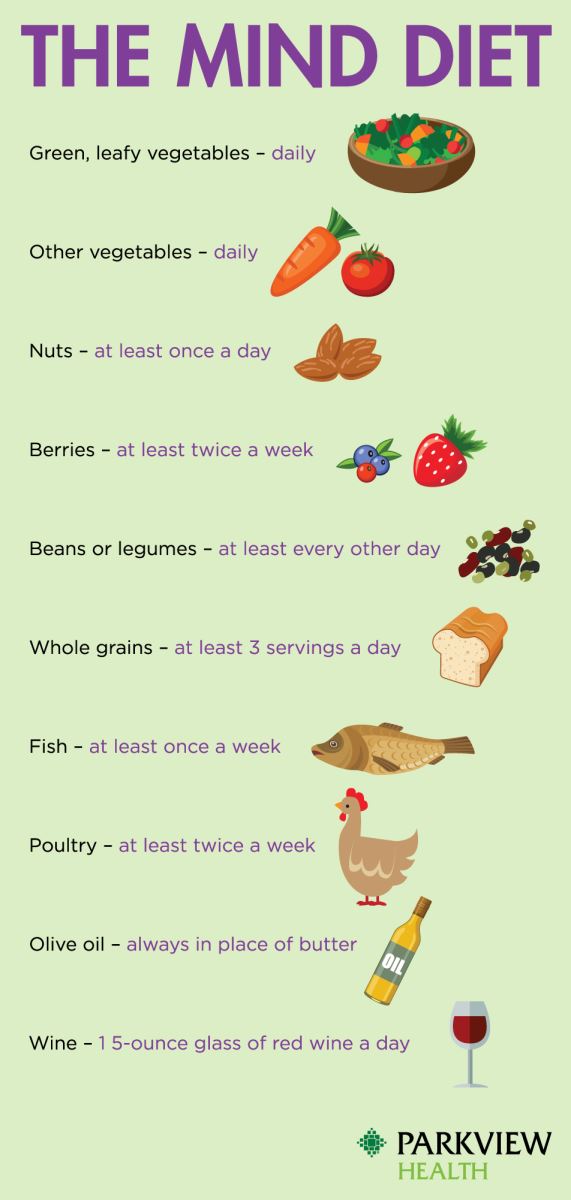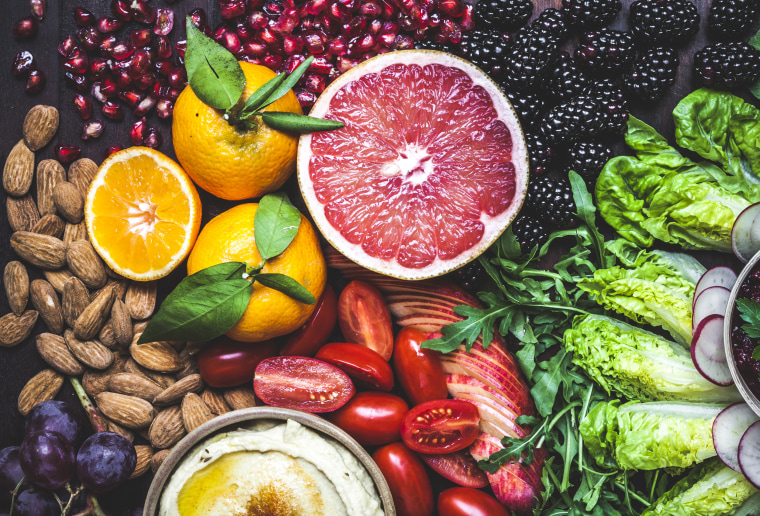
If you have any health issues, a vegan diet may be the best option. It lowers your chance of developing cancer and increases your blood sugar levels. It helps to protect the environment. Veganism has other benefits. One of these is a lower risk of developing autoimmune disorders. The following are some of the reasons why you should switch to a vegan diet. Let's explore some of these reasons in detail. Continue reading to discover all the benefits of veganism.
Reduces cancer risk
There is some evidence that veganism can reduce your cancer risk. Recent studies have shown that those who eat less meat and fish are more at risk than those who eat meat. While a vegan diet is associated to a lower chance of getting cancer, the exact reasons are still unknown. These findings could also be due to other factors such as a vegan's weight. However, these results are consistent with other studies.
Although a vegan diet may reduce your chance of developing cancer, it is important that you remember that it does not make it healthier. A vegan diet may still include large amounts of processed and refined foods. Vegetarians should eat more vegetables and fruits, as there is evidence that a vegan diet can reduce the risk of getting cancer. Additionally, a vegan diet is less likely than a processed or red meat diet, which can both be linked to higher risks of colorectal Cancer.

Improves blood sugar levels
A recent study found that a vegan diet can lower the A1c level. The study results showed that the vegan diet could lower blood sugar levels by 0.2%, while it can reduce them by 0.5. The results are clinically meaningful and can be used along with other diabetes medications and exercise to lower A1C levels. A registered dietitian should be consulted before starting any new diet. It is possible that your body might react differently to vegan food than to other foods.
The first thing to do if you are new to veganism is to ensure that your diet contains a healthy amount of protein, carbs, and fat. While this might seem difficult at first, plant-based meals are full of fiber, making them more filling. Research has shown that fiber can lower blood sugar levels. Veganism is great for your digestive system.
Lowers triglyceride levels
Triglyceride levels have been reduced by a plant-based diet. Plant-based diets are less triglyceride-rich than animal products. They also have a lower body weight index. A combination of high fiber and whole grains may result in lower triglyceride amounts, according to studies. Additionally, this diet has high levels of omega-3 oils, which are healthy for your body. Also, tree nuts like almonds, walnuts, pecans, Brazil nuts, and macadamia nuts are high in fiber and have several health benefits.
There are studies that show that the triglyceride level is often higher in certain individuals. Triglycerides can rise to 500 in these cases, which is quite high. This condition is very rare but is often associated with poor diets, genetics, and other factors. High levels of triglyceride in the body can cause problems with the transport of other lipid particles from the bloodstream. Therefore, it is essential to take steps towards lowering them. It may be a good idea to try weight loss and increased physical activity. Many of these changes can have a positive influence on triglyceride level.

Protects the environment
A vegan diet helps preserve the earth's delicate balance of nutrients by protecting the environment. Animal agriculture consumes 20-30% of the global fresh water. Vegans also use less water per kilogram of protein than other animal products. This will help the planet avoid droughts or climatic emergencies. Animal farming's meat and dairy products are major contributors to soil erosion. Also, grass that replaces trees will not be able provide the same minerals as trees.
Some of the most unique habitats on Earth are found in the Amazon rainforest. It is still being cleared for agriculture, but mainly for livestock breeding. Today, 11% of global greenhouse gas emissions are caused by deforestation. This is far more than any emissions from cars. The environment can be protected by switching to a vegan diet. This will allow you to reduce land required for food production by 75%. It also helps to reduce significant carbon emissions.
FAQ
What is the difference in a calorie from a Kilocalorie?
Calories refer to units that are used for measuring the amount of energy contained in food. The unit of measurement is called a calorie. One calorie represents the energy required to raise one gram of water's temperature by one degree Celsius.
Kilocalories are another way to describe calories. Kilocalories equal one thousandth of an calorie. 1000 calories are equal to one kilocalorie.
Get immune enhancement with herbs and supplements
Natural remedies and herbs can be used to increase immune function. There are many natural remedies that can boost immunity, including echinacea (oregano), ginger, ginkgo biloba and vitamin C.
These herbs should not be considered as a substitute for conventional medical treatment. Side effects may include nausea, diarrhea, stomach cramps and headaches.
How can I get enough vitamins?
The majority of your daily nutritional needs can be met solely through diet. Supplements may be necessary if you are not getting enough of a particular vitamin. A multivitamin supplement can provide all the vitamins you require. You can also buy individual vitamins at your local pharmacy.
Talk to your doctor about the best foods for vitamins if you're concerned about not getting enough nutrients. Some examples of rich sources of vitamins E and K include dark green leafy vegetables, such as spinach.
Ask your doctor to help you determine the right amount of vitamin. Based on your medical history, and current health status, your doctor will recommend the right dosage.
What lifestyle is most healthy?
A healthy lifestyle means eating healthy foods, exercising regularly, sleeping well, and avoiding stress. You can live a long and healthy lifestyle if these guidelines are followed.
Starting small can make a big difference in your diet, and even your exercise routine. Try walking for 30 minutes daily if your goal is to lose weight. Swimming or dancing are great options if your goal is to become more active. You could also join an online fitness program like Fitbit or Strava that tracks your activity levels.
What is the problem?
BMI stands For Body Mass Index. It is a measurement of body mass based on height and/or weight. The following formula can be used to calculate BMI.
Divide the weight in kilograms by the height in meters squared.
The result can be expressed as a number, ranging from 0 through 25. Scores of 18.5 and higher indicate overweight, while scores of 23 and higher indicate obesity.
A person with 100 kg will have a BMI 22 if they are 1.75m tall and weigh 100 kg.
How can I live the best life possible every day?
Finding out what makes your heart happy is the first step to living a fulfilled life. Once you know what makes you happy, you can work backwards from there. Asking others about their lives can help you to see how they live the best life possible.
You can also check out books like "How to Live Your Best Life" from Dr. Wayne Dyer. He speaks about happiness and fulfillment in all areas of life.
These are the 7 secrets to a healthy life.
-
Make sure you eat right
-
Exercise regularly
-
Sleep well
-
Make sure to drink plenty of water.
-
Get adequate rest
-
Be happy
-
Smile often
Statistics
- According to the Physical Activity Guidelines for Americans, we should strive for at least 150 minutes of moderate intensity activity each week (54Trusted Source Smoking, harmful use of drugs, and alcohol abuse can all seriously negatively affect your health. (healthline.com)
- WHO recommends reducing saturated fats to less than 10% of total energy intake; reducing trans-fats to less than 1% of total energy intake; and replacing both saturated fats and trans-fats to unsaturated fats. (who.int)
- Extra virgin olive oil may benefit heart health, as people who consume it have a lower risk for dying from heart attacks and strokes according to some evidence (57Trusted Source (healthline.com)
- In both adults and children, the intake of free sugars should be reduced to less than 10% of total energy intake. (who.int)
External Links
How To
What does the word "vitamin" mean?
Vitamins are organic compounds naturally found in food. Vitamins help us absorb nutrients in the foods we consume. Vitamins are not made by the body, so they must be obtained through food.
There are two types of vitamins: water soluble and fat soluble. Water-soluble vitamins dissolve quickly in water. Examples include vitamin C,B1 (thiamine), B2 (riboflavin), B3 (niacin), B6 (pyridoxine), folic acid, biotin, pantothenic acid, and choline. Fat soluble vitamins are stored in the liver and fatty tissue. Vitamin D, E, K and A are some examples.
Vitamins are classified according their biological activity. There are eight main types of vitamins:
-
A - essential for normal growth and maintenance of health.
-
C - essential for proper nerve function, and energy production.
-
D - Essential for healthy teeth and bones.
-
E - required for good vision & reproduction.
-
K – Required for healthy muscles & nerves.
-
P – Vital for building strong bones.
-
Q – aids digestion and absorption.
-
R - Required for red blood cell production
The recommended daily allowance of vitamins (RDA), varies depending upon age, gender, physical condition, and other factors. The U.S. Food and Drug Administration (FDA) sets the RDA values.
For adults aged 19 and older, the RDA for vitamin B is 400 micrograms daily. Because it is essential for the development of the fetus, pregnant women should consume 600 micrograms per days. Children ages 1-8 require 900 micrograms per day. Infants under one year of age require 700 micrograms per day, but this amount decreases to 500 micrograms per day between 9 months and 12 months of age.
Children aged 1-18 years need 800 micrograms daily, while children overweight require 1000 micrograms per days. Children who are severely obese or underweight will need 1200 micrograms each day.
Children aged 4-8 years old who have been diagnosed as having anemia require 2200 micrograms of vitamin C per day.
2000 micrograms is the minimum daily intake for general health in adults older than 50 years. Due to their increased nutrient needs, pregnant and breastfeeding women need 3000 micrograms daily.
1500 micrograms are required daily by adults over 70 because they lose approximately 10% of their muscle each decade.
Women who are pregnant, nursing or breastfeeding need more than the RDA. Pregnant women require 4000 micrograms daily during pregnancy, and 2500 micrograms every day after birth. Breastfeeding mothers need 5000 micrograms per day when breast milk is being produced.